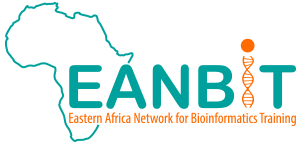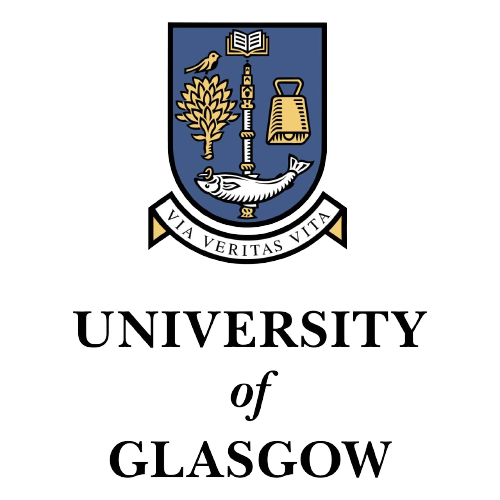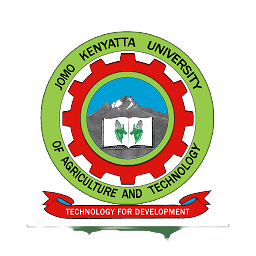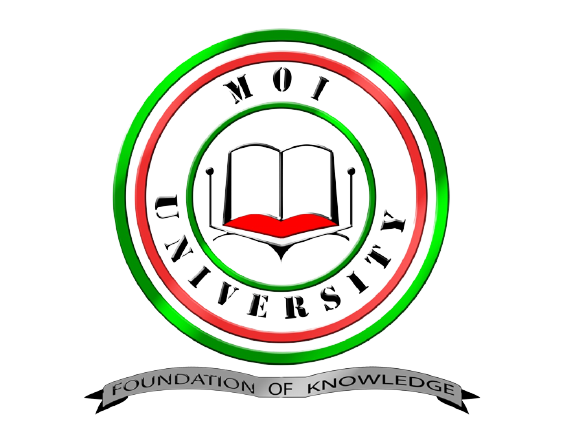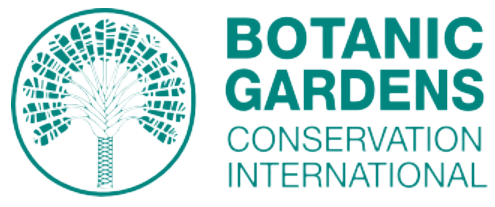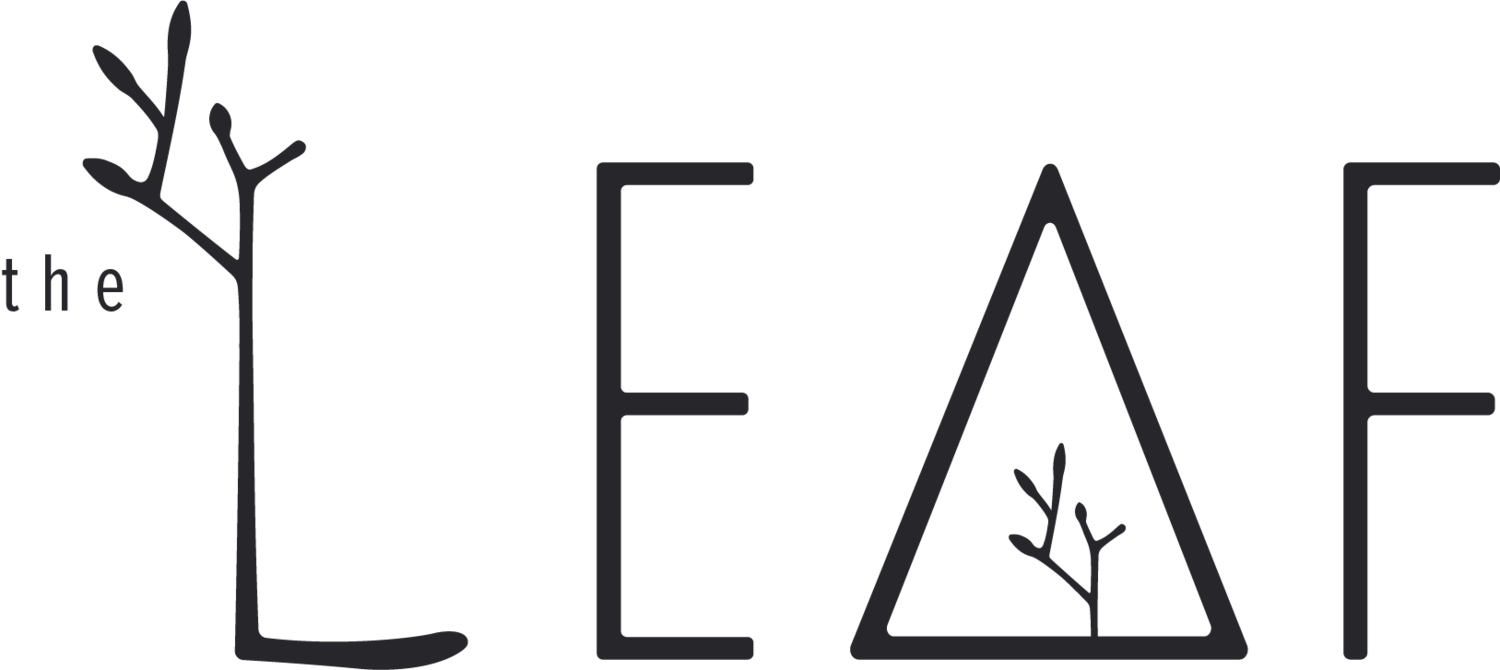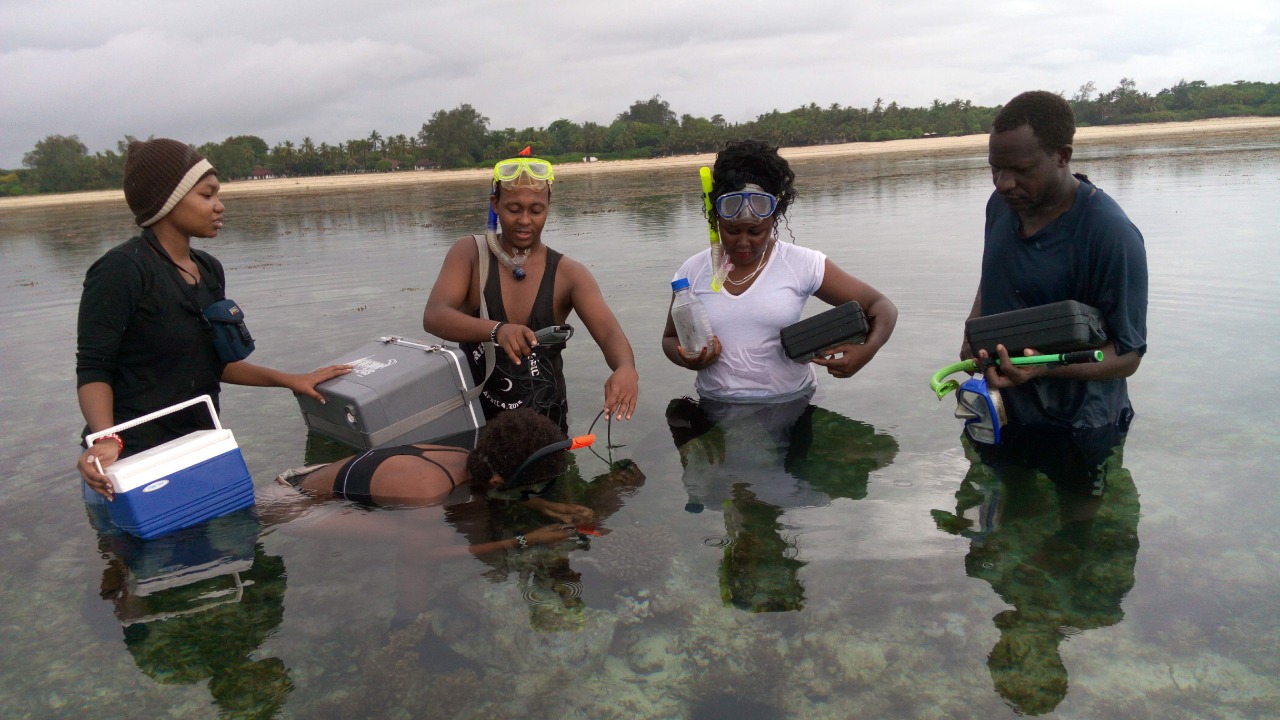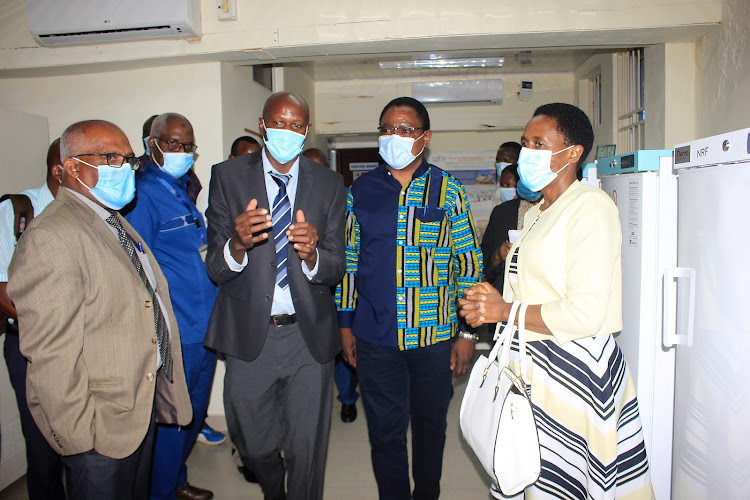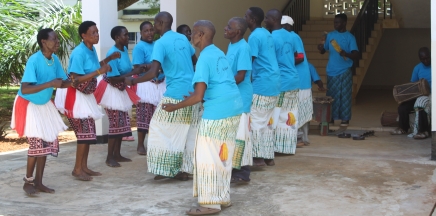The Kenyan coast is one of the areas affected by frequent droughts and this is expected to increase with climate change. Current research focus is on improving food crops like finger millet and cassava. An RRC based in coastal Kenya could focus on improvement of indigenous vegetables and fruits-like Coconut, Baobab, Solanum to enhance nutrition security increase productivity and improve incomes of local farmers. This will help reduce poverty levels of communities living in the area. Plants like Baobab, Moringa, Coconut, Amaranth and other indigenous foods that have increased in value due to their high nutritional and antioxidant capacities. If harnessed, these crops have the potential to increase incomes by exploiting emerging export and local markets. Understanding genetic diversity, rapid selection of elite lines using genomics and improvement of existing varieties using genetic engineering can enhance productivity of these plants. PUBReC, also via the Pwani University Botanical Garden activities also hopes to enhance the conservation of genetic diversity of indigenous plants and using genomics and biotechnology to enhance bioprospecting for unique genes that can provide new medicines to deal with emerging health problems like antibiotic resistance. Current trends in pharmacology are to use plants as industries to produce vaccines and other novel products in what is termed “Pharming” or “Plant-made pharmaceuticals”. This combines genetic engineering and agriculture to produce lowcost medicines.
Key areas of research interest that synergise with current research work include: genetic engineering and election of elite lines for biotic and abiotic stress tolerance for cassava, finger millet and other crops, plant-pathogen interactions, plant-symbiont interactions to identify mechanisms underlying tolerance and thus engineer, select lines or enhance soil health via microbe interactions and thus improve agricultural productivity. In addition, to enhancing conservation of genetic diversity, studies on genetic diversity of endangered species and enhancing of propagation of plants with high utility (timber, medicinal and food plants) to enhance sustainable domestication/production of these plants are also areas of interest.
Projects
| S. No. | Project title | Principal Investigator(s)/Lead Scientist(s) | Affiliation | Source of funding/Support | Thematic Area |
| 1 | Unravelling the molecular genetics of finger millet blast disease and the existing resistance for the development of high yielding resilient varieties. | Prof Santie de Villiers | Pwani University | Bill & Melinda Gates Foundation (BMGF) | Plant Sciences |
| 2 | Diagnostic analysis of coconut and leaf hopper samples for the presence of the Coconut Lethal Yellowing (CLY) Disease causing phytoplasma and genomic characterization thereof. | Prof. Santie de Villiers Dr Rose Kigathi | Pwani University | John Innes Centre (UK) | Plant Sciences |
| 3 | Generation of Cyanogen Free Cassava Through Gene Specific Genome Editing | Dr Wilton Mbinda | Pwani University | Third World Academy of Sciences (TWAS) | Plant Sciences |
| 4 | Agrobacterium tumefasciens infiltration of Amaranthus leaves to test for transient transformation with green fluorescent protein (GFP). | Dr Wilton Mbinda Prof. Santie de Villiers | Pwani University | John Innes Centre (UK) | Plant Sciences |
| 5 | “Coupling local crops and new technologies to improve livelihoods and nutrition in Africa and the Caribbean” | Dr Rose Kigathi | Pwani University | GCRF John Innes Center International Foundation for Science (IFS) | Plant Sciences |
| 6 | Characterization of salt tolerance in African nightshades (Solanum nigrum complex). | Pwani University Research Fund. | Plant Sciences | ||
| 7 | Developing salt tolerant roots using rhizosphere bacteria | Plant Sciences |


